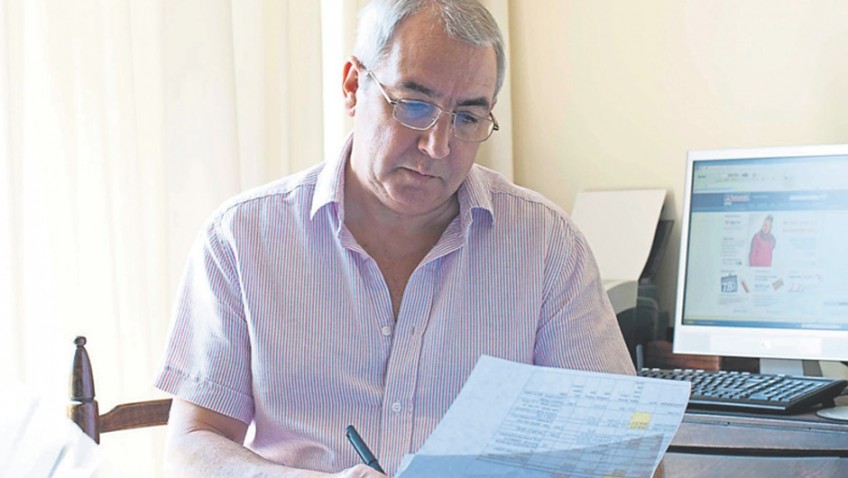Thinking about the end of life is something most of us would rather not do, and death is still very much a taboo subject in our society. It is not at all surprising therefore that research shows that four in five people aged over 65 feel uncomfortable talking about death and dying.
Of course, no one has to get involved in end of life planning unless they wish to, but people who do point to some real benefits: for example, they say that being well informed helps them feel in control, providing peace of mind and reassurance that their wishes will be respected when the time comes – which will hopefully not be very soon!
Advice
As the UK’s leading charity for older people Age UK understands both the challenges and the benefits of end of life planning. The charity offers a range of advice, including a new information guide Before you go, to help older people think about it.
The guide covers a wide range of topics, from making a will and lasting power of attorney to types of care and other practical considerations.
The guide also offers really valuable advice to those who would like to raise these issues with family or friends but are wondering how to do so sensitively, without causing upset.
Deciding what funeral you’d like won’t bring death any closer, but putting plans in place means you can be sure that your funeral will reflect your wishes. This is extremely important for some people and it also potentially takes the pressure off family and friends who will otherwise have to make these decisions at a very difficult time.
Making a will is really important as it means there are clear instructions for what you want to happen to everything that’s yours after you die – your money, property, possessions and online accounts, even your pets if you have any.
Getting to grips with terms such as ‘lasting power of attorney’ is also covered in the guide, which explains what it is and how it works.
The type of care you’d like is another important area of consideration. If someone finds they are starting to need help with personal care, they may want to write an ‘advance statement of wishes’. An advance statement allows a person to say how they would like to be looked after and cared for and should be considered by all those involved in providing your care.
Advance statements can explain your likes and dislikes and include anything that is important to you. It will be used if you ever lose the ability to make or communicate your own decisions; hopefully that won’t happen but it’s good to know the statement is there if it should ever be needed.
Financial help
When people are unwell costs can quickly mount up. However, in such a situation you may be entitled to financial help. Many people who need help with care will qualify for a disability benefit: either Personal Independence Payment or Attendance Allowance, depending on their age, and Age UK is here to help older people to claim these important entitlements. The extra money can make a big difference to your quality of life and in Age UK’s view that matters each and every day, from the first right to the last.
Before you go from Age UK is available to view online and to download at www.ageuk.org.uk. People can also request a copy by calling Age UK’s free national Advice Line, available 365 days a year from 8am – 7pm, on 0800 169 6565.





